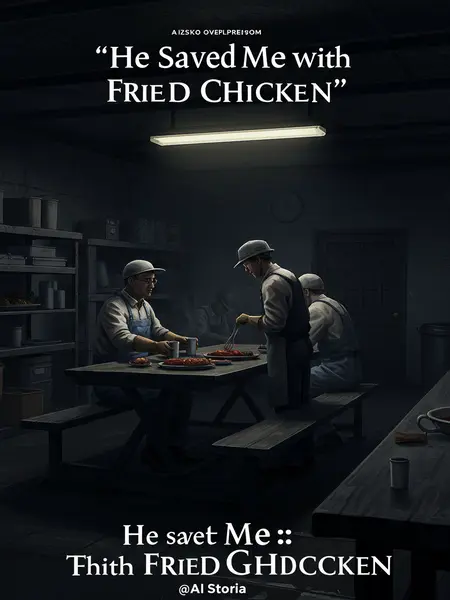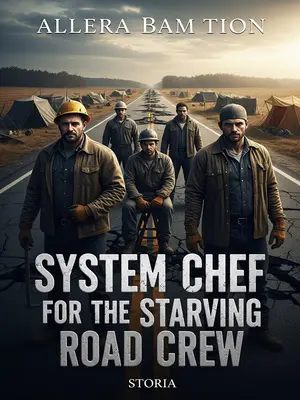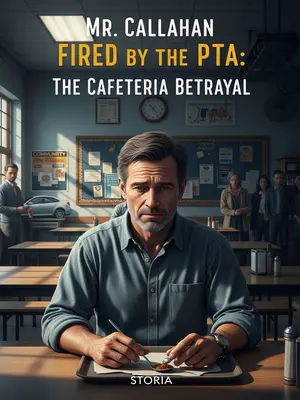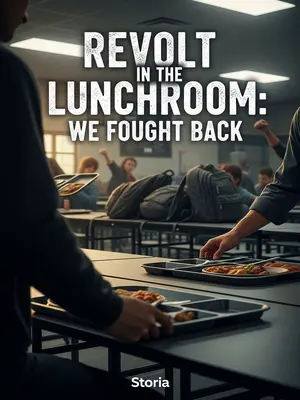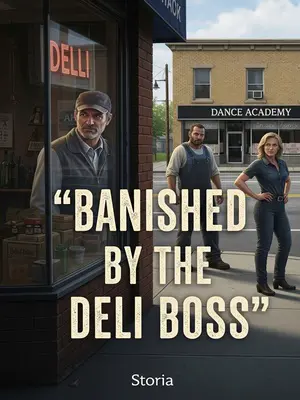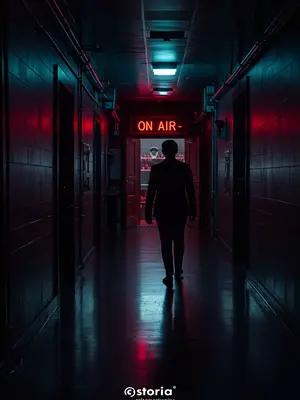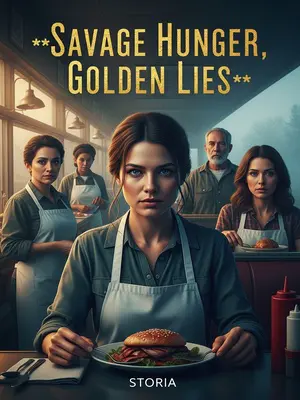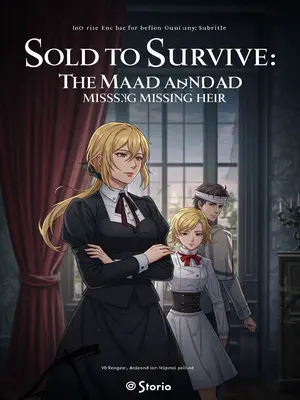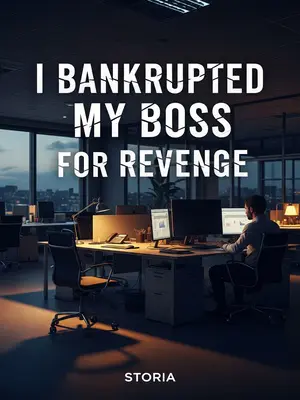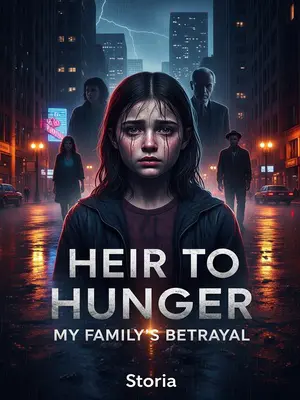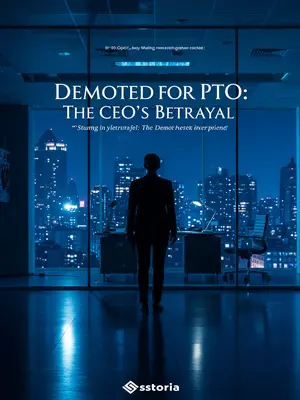Chapter 2: Life on the Edge of Survival
My name is Derek Collins.
The name always sounded plain to me, like a character in a high school yearbook nobody remembers. But I held onto it, because it was the last thing that was truly mine.
In the tenth year after the Big Freeze, I was caught by county deputies while fleeing a drought and sent to the outskirts of Maple Heights as a laborer.
That was the year the Ohio River finally froze solid, and the rains just stopped coming. I’d hiked across three counties, boots splitting at the seams, until the deputies found me sleeping in an abandoned bus outside Circleville. Their faces were pinched and pale; they barely glanced at me before loading me onto the work transport.
Here, not only was the construction schedule tight and the work exhausting, but we were given only two meals a day—sometimes just one.
Most days, the sky was so gray it felt like dusk all day long. The worksite buzzed with shouts, the slap of mud boots, the screech of wheelbarrow wheels stuck in frozen ruts. Hunger made tempers short and backs weaker with every passing week.
The food was foul-smelling mush and cornbread mixed with dirt scraped from the ground.
You could see the flecks of grit in your spoon before you even tasted it. The mush stuck to your teeth, the cornbread crumbled like old plaster. Sometimes you’d pick out a pebble and laugh, just to keep from crying.
Just one bite would fill your mouth with a gritty, earthy taste.
Your tongue would scrape the roof of your mouth for hours afterward. No matter how much water you gulped, the taste lingered—mud and desperation.
Everyone knew that once you were sent out here as a laborer, unless your family paid off the foreman, you were unlikely to ever return alive.
You’d see the looks the local guys gave us when we arrived—like they’d already written us off, counting the weeks until they heard we’d vanished or collapsed in the fields. Nobody asked your name; it was safer that way.
You'd either die from exhaustion or from starvation.
Every so often, we’d hear a story—some guy who slipped on the ice and never got up, someone who just faded away in their cot. Nobody said their names out loud after they were gone.
Even if you wanted to escape, there was nothing but empty fields and frozen woods for miles in every direction—no berries or wild greens to eat, and no way out.
At night, the wind howled through the trees, rattling the plywood walls of our shacks. Some tried to run, but the cold bit deep, and the only thing waiting out there was frostbite and emptiness.
My parents and siblings had already starved to death in the drought.
Sometimes, I’d wake from dreams of them, their faces sunken, reaching for me through a haze of heat and dust. The pain was as sharp as ever.
My only hope was to get on the supervisor's good side. I hated myself for thinking it, but out here, kindness was just another currency. That way, maybe I could slack off a little and live a few days longer.
I learned to keep my eyes open, to spot the little things—whose name the supervisor remembered, who got second helpings, who was told to carry paperwork instead of dig ditches. Maybe, if I played my cards right, I’d last through another winter.
